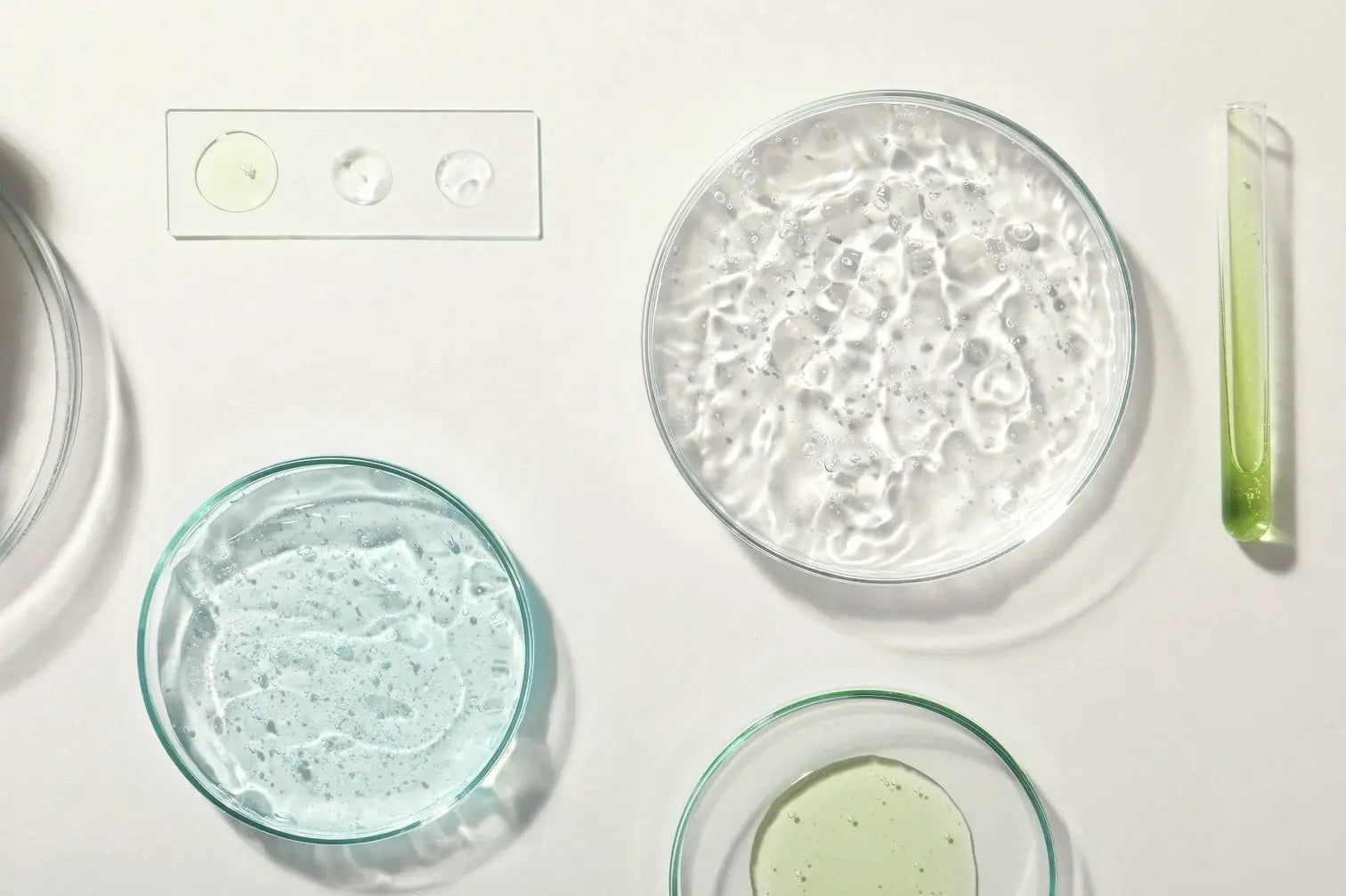03
What changes can you make to your day-to-day routine to promote a healthy amount of skin tightening?
Incorporating these skin-firming ingredients into your daily face and body care routine through the use of a peptide moisturizer, peptide body lotion, or even peptide eye cream, is one of the best ways to promote healthy skin tightening from a topical perspective. However, it's important to supplement these efforts with daily practices that minimize wear and tear on your skin and prevent the onset of premature aging. These efforts can start with what you eat. Adopt a nutritionally-balanced diet rich in vitamins A, E, and C and fatty acids. Try to consume protein-rich foods like meat, eggs, and nuts, which promote collagen production and elastin production.It’s also best to protect your skin from further damage by reducing exposure to UV rays with daily use of sunscreen. To help defend against damaging free radicals, ensure you introduce antioxidants through your diet and topical skin care products. Finally, dermatologists recommend wearing sunglasses whenever possible. [4] Doing so helps boost the effects of your skincare routine by physically protecting the collagen around your eyes.


